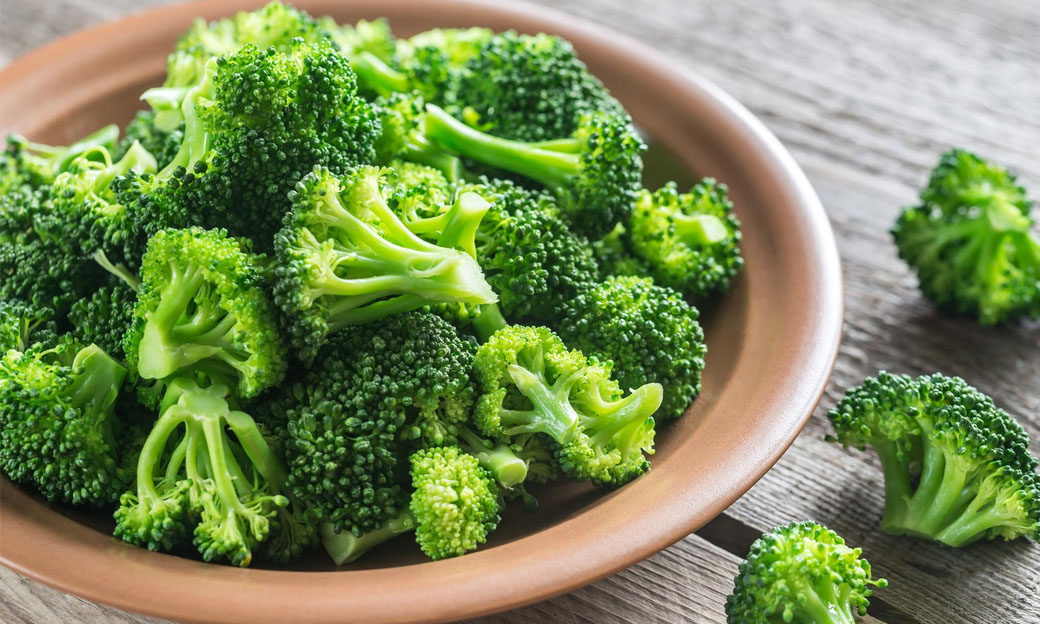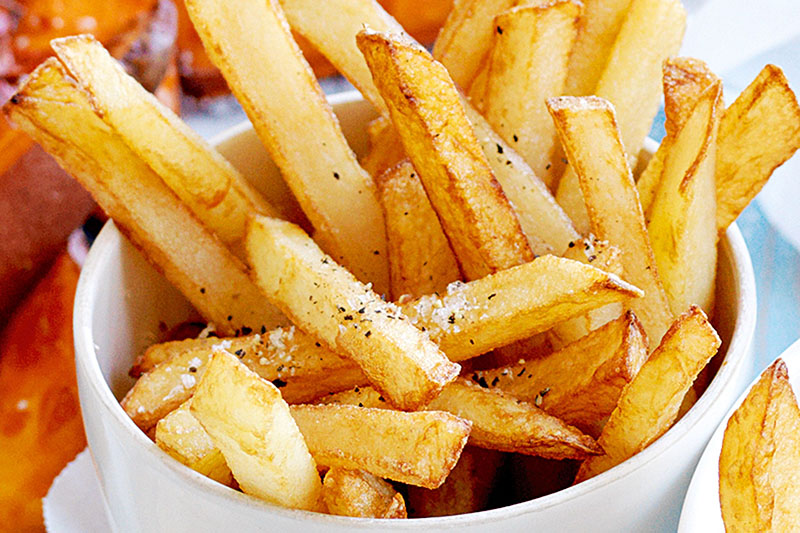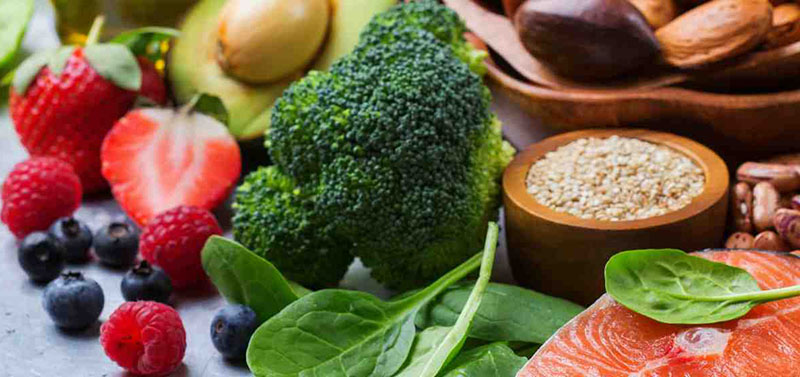
High blood pressure (hypertension) is a leading risk factor for heart disease, stroke, and kidney failure. While medication plays a crucial role in managing hypertension, diet is equally important. Among the countless nutritional choices we face, one question stands out: are some vegetables more effective than others at lowering blood pressure? Recent evidence suggests the answer is yes — and broccoli may have the upper hand over potatoes.
Cruciferous Vegetables and Blood Pressure
Cruciferous vegetables — including broccoli, kale, cauliflower, cabbage, and Brussels sprouts — are nutrient-dense and packed with compounds known to support cardiovascular health.
A recent randomized crossover study involving 18 adults (ages 50–75) with mildly elevated blood pressure compared the effects of two types of vegetable soups: one made with cruciferous vegetables, and another made with root and squash vegetables like potato, carrot, and pumpkin. Participants consumed each soup for two weeks.
Findings:
1. The cruciferous soup led to a 2.5 mmHg greater drop in systolic blood pressure compared to the root vegetable soup.
2. This reduction, though modest, translates to a 5% lower risk of heart attack and stroke when sustained over time, according to epidemiological data.
Why are cruciferous vegetables effective?
●Rich in potassium, which helps balance sodium levels.
●Contain nitrates, which improve blood vessel function and vasodilation.
●Provide magnesium and vitamin K, both important for vascular health.
●Unique compounds like sulforaphane and isothiocyanates have anti-inflammatory and antioxidant effects.
The Case for Potatoes: Not All Bad News
Potatoes often get a bad reputation — especially when fried — but when prepared healthfully (boiled or baked, with the skin), they can also contribute to lowering blood pressure.
Potassium Powerhouse:
A medium-sized baked potato provides about 600–900 mg of potassium, which helps the body excrete excess sodium — a key driver of high blood pressure.
Scientific Support:
●A study at Purdue University found that participants who consumed boiled or baked potatoes experienced significant reductions in systolic blood pressure, outperforming even potassium supplements.
●Another small study on purple potatoes showed a 3.5% drop in systolic BP and a 4.3% drop in diastolic BP over four weeks, even among people on blood pressure medications.
However, context matters:
●Potatoes are high in starch and can cause blood sugar spikes if overconsumed or processed.
●Fried or heavily salted potatoes, such as French fries and chips, are linked with increased hypertension risk.

vs. Broccoli or Potatoes: Which is Better for Blood Pressure?
While both vegetables have their merits, broccoli and other cruciferous vegetables appear to offer superior blood pressure-lowering benefits based on current research.
Feature | Broccoli (Cruciferous) | Potato (Boiled/Baked) |
Key nutrients | Potassium, Magnesium, Sulforaphane | Potassium, Fiber |
Blood pressure impact | ~2.5 mmHg greater reduction in systolic BP | Moderate decrease, depends on prep |
Risk factors | None significant | High GI if overconsumed; harmful when fried |
Overall benefit | ⭐⭐⭐⭐⭐ | ⭐⭐⭐ |
Recommendations for a Blood Pressure-Friendly Diet
●Prioritize cruciferous vegetables: Include broccoli, cauliflower, kale, or cabbage several times a week.
●Limit starchy vegetables: Enjoy potatoes occasionally, but choose boiled or baked forms without added fats or salt.
●Avoid processed forms: Skip fries, chips, or creamy mashed potatoes.
●Pair with other heart-healthy foods: Whole grains, lean proteins, nuts, and fruits can enhance blood pressure control.
●Follow DASH principles: The Dietary Approaches to Stop Hypertension (DASH) diet emphasizes vegetables, fruits, low-fat dairy, and low sodium.

If you're looking to fine-tune your diet for blood pressure control, broccoli beats potatoes — but both can play a role when prepared properly. Cruciferous vegetables provide a unique mix of compounds that offer greater cardiovascular protection, while potatoes, when consumed in moderation and prepared healthfully, can still support heart health thanks to their potassium content. In short: eat more greens, choose your starches wisely, and let your plate be your prescription.
Subscribe means that you have read and agree to the Privacy Policy.
Subscribe means that you have read and agree to the Privacy Policy.
Copyright © Shenzhen Pango Medical Electronics Co.,Ltd, Ltd. All Rights Reserved.